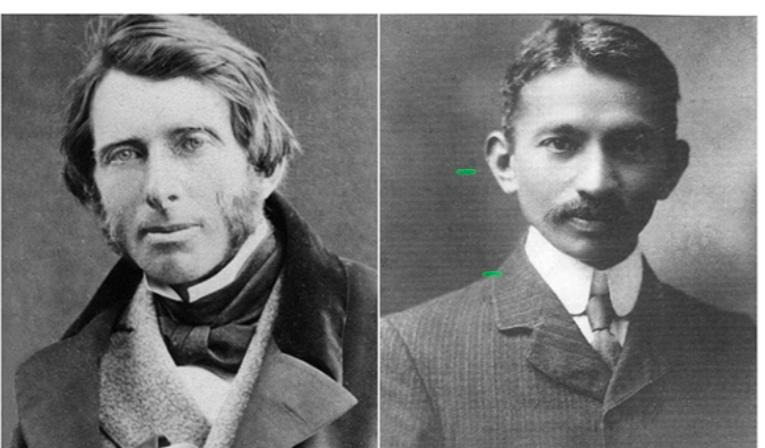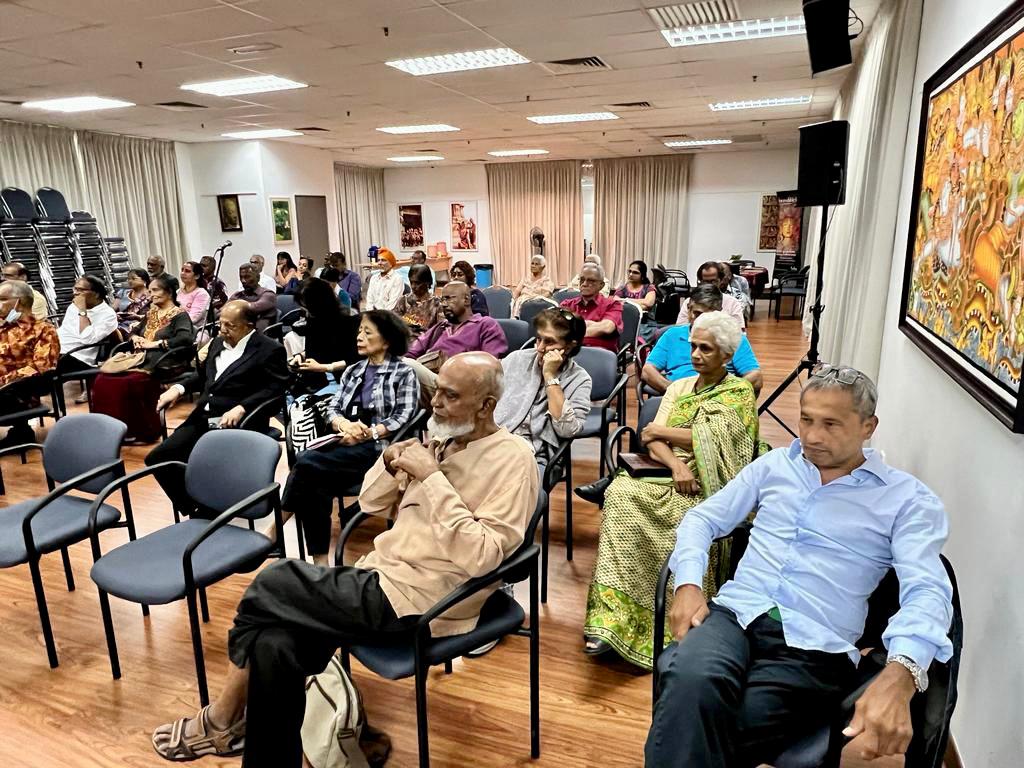
It was Mahatma Gandhi’s birthday and to commemorate the day there was a talk on the relevance of the great leader by a visiting Indian professor at the Indian Cultural Centre, KL. While Gandhi remains an enduring source of inspiration, India’s freedom fighter, activist and lawyer extraordinaire was himself inspired by several luminaries from the East and the West, including the Buddha, Raychandbhai, Gopal Krishna Gokhale, Tolstoy, Thoreau and John Ruskin, among others. I was reminded of this at the opportune moment by my dear friend Ray Haslam, an expert on John Ruskin, an English artist, art critic and thinker, also known as the Sage of Coniston, who was involved in various nineteenth-century movements.
From a quiet corner of Lancaster came Ray’s article to me, about the influence of Ruskin on Gandhi. It was Ruskin’s seminal work Unto This Last that inspired Mahatma Gandhi. Gandhi recounts the experience in his autobiography, saying this was the book “that brought about an instantaneous and practical transformation in my life”, because he “discovered some of my deepest convictions reflected in this great book”.
What struck me most were Gandhi’s succinct summaries of Ruskin’s ideals in Unto This Last:
• That the good of the individual is contained in the good of all.
• That a lawyer’s work has the same value as the barber’s, inasmuch as all have the same right of earning their livelihood from their work.
• That a life of labour, i.e., the life of the tiller of the soil and the handicraftsman, is the life worth living.

